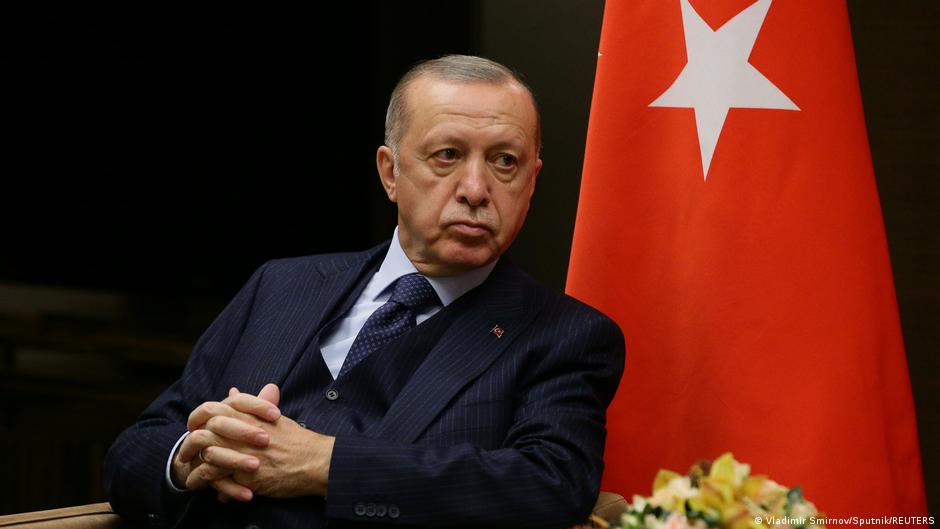Ankara: Turkey has neutralised Abu Hussein al-Qurayshi, leader of the Islamic State (IS) terror group, during an intelligence operation in Syria, President Recep Tayyip Erdogan has announced.
“The National Intelligence Organization (MIT) had been following the so-called leader of IS, code-named Abu Hussein al-Qurayshi, for a long time,” state-run Anadolu News Agency quoted Erdogan as saying during a live interview on Turkish broadcaster TRT Turk on Sunday
“This is the first time I am telling this here. This person was neutralised in an operation carried out by MIT yesterday (Saturday). We will continue our struggle with terrorist organisations without any discrimination,” the President added.
In November 2022, the terror group announced the death of its previous leader, Abu Hasan al-Hashimi al-al-Qurayshi, replacing him with Abu Hussein al-Qurayshi.
In 2013, Turkey became one of the first countries to declare IS a terrorist organisation.
The country has since been attacked by the terror group multiple times, with over 300 people killed and hundreds more injured in at least 10 suicide bombings, seven bomb attacks, and four armed assaults.
In response, Turkey launched anti-terror operations at home and abroad to prevent further attacks.
The terror group once held 88,000 sq.km of territory stretching from north-eastern Syria across northern Iraq and imposed its brutal rule on almost eight million people, reports the BBC.
The group was driven from its last piece of territory in 2019, but the UN warned in July last year that it remained a persistent threat.
It is estimated to have between 6,000 and 10,000 fighters in Syria and Iraq, who are based mostly in rural areas and continue to carry out hit-and-run attacks, ambushes and roadside bombings.
IS regional affiliates also pose threats in other conflict zones across the world.
The UN said the most vigorous and well-established networks were based in Afghanistan, Somalia and the Lake Chad basin.

